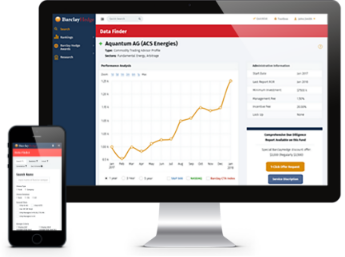…
Incorporating Alternative Risk Premia into Balanced Portfolios: Is there any added value?
Written by: Francesc Naya, Jahja Rrustemi, Nils S. Tuchschmid Abstract Evaluating the performance of Alternative Risk Premia products as standalone investments is not sufficient to conclude whether these products add value to institutional investors, whose portfolios are largely composed of well-diversified equity and bond allocations, and usually smaller ones to alternatives assets, including alternative risk premia products. In this article, we study whether the inclusion of ARP products add value to two well-known benchmarks of balanced allocations: the 60/40 world equity/bond portfolio and the Pictet LPP 2015-60 index. Taking a sample period from 2016 to May 2021 of live ARP products, we find that a systematic allocation to ARP with no equity exposure significantly improves risk-adjusted performance measures, due to risk reduction, even though it caused a small drag in compounded return over the long term. This impact is somehow similar to the one many investors seek in Trend-Following funds or Tail-Hedge products, for which we compare results. Finally, the drag in performance disappears if one can dynamically manage the inclusion of ARP into the balanced portfolios, even though it is well-known that market timing ability is at the very least a rare asset.…
Advisory Firm Paths to Side-By-Side Management and Mutual Fund Performance
Written by: Jongwan Bae, Timothy Haight, Chengdong Yin Abstract We examine the performance of mutual funds under side-by-side (SBS) management with hedge funds from a new perspective. Using SEC filings to identify advisory firms engaged in SBS management, we find that mutual fund performance is affected by an advisory firm’s path to SBS management (i.e., whether they started with mutual funds or hedge funds). While no significant path effects are observed when SBS advisers started with mutual funds, we observe significant outperformance when SBS advisers started with hedge funds. However, the performance benefit provided by SBS advisers that started with hedge funds becomes insignificant when SBS management is conducted at the portfolio manager level. Further analysis suggests that these effects relate to the relative contributions of mutual funds and hedge funds to advisers’ total assets and compensation. SBS advisers that started with mutual funds rely heavily on mutual funds for both assets and compensation, which could explain why mutual fund performance does not suffer when these advisers expand into hedge funds. Meanwhile, SBS advisers that started with hedge funds derive more of their assets from mutual funds, though hedge funds generally contribute more to their total compensation. These patterns suggest there are adviser-level incentives to deliver strong mutual fund performance (which attracts capital from new investors) and manager-level incentives to favor hedge funds (which increases compensation).…



